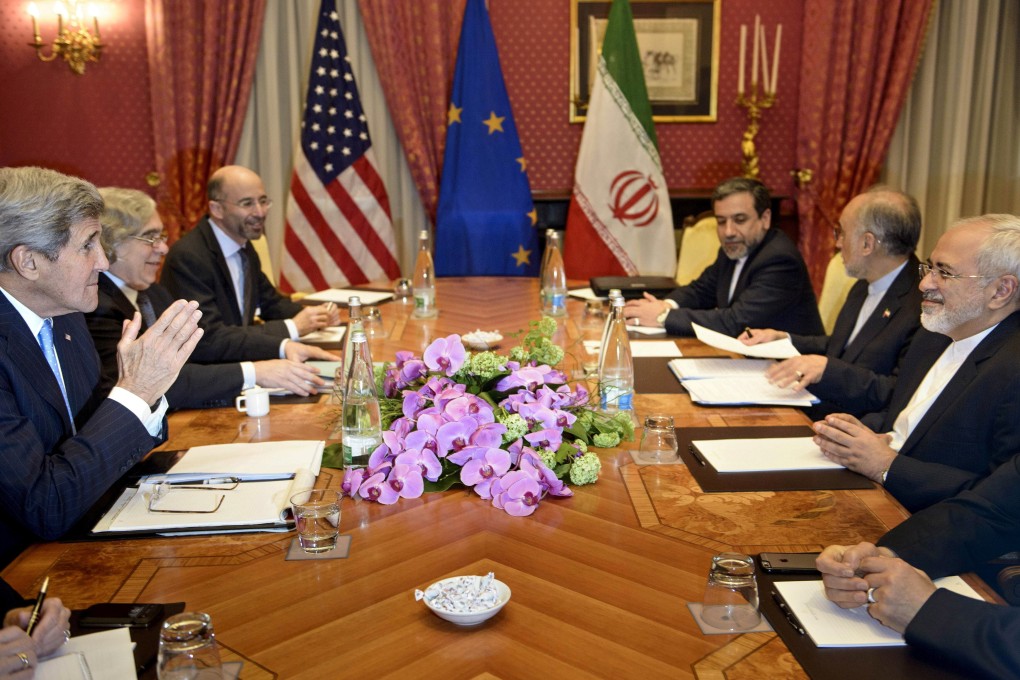Advertisement
Could an Iran nuclear deal be the start of a US-China relations reset?
- Top Chinese and American envoys have already held in-depth talks on the issue and the leaders of both countries have expressed a need for common ground
- But big differences remain and a new agreement with Tehran might be tougher to broker this time around, observers say
Reading Time:3 minutes
Why you can trust SCMP
6

A nuclear deal with Iran could be a chance for China and the United States to work together as the two powers begin a search for common ground in the wake of US President Joe Biden’s ice-breaking call to his Chinese counterpart Xi Jinping.
In the goodwill call on the eve of Lunar New Year, both leaders expressed the need for cooperation after four tumultuous years.
But there is a world of differences between the two countries and some common issues will need to be found to build trust and positive reinforcement.
Advertisement
Aside from climate change, there are signs that the two countries see finding a solution to the Iran crisis as one such opportunity. On Wednesday, Chinese vice foreign minister Ma Zhaoxu had an “in-depth exchange” with Biden’s special envoy for Iran Robert Malley.

00:54
US-China confrontation would be ‘disaster’, Xi says in first phone call with Biden
US-China confrontation would be ‘disaster’, Xi says in first phone call with Biden
Ma, who is widely tipped to take over from Cui Tiankai as the new ambassador to Washington, is seen as a key player to reset the complicated bilateral ties.
Advertisement
Advertisement
Select Voice
Choose your listening speed
Get through articles 2x faster
1.25x
250 WPM
Slow
Average
Fast
1.25x